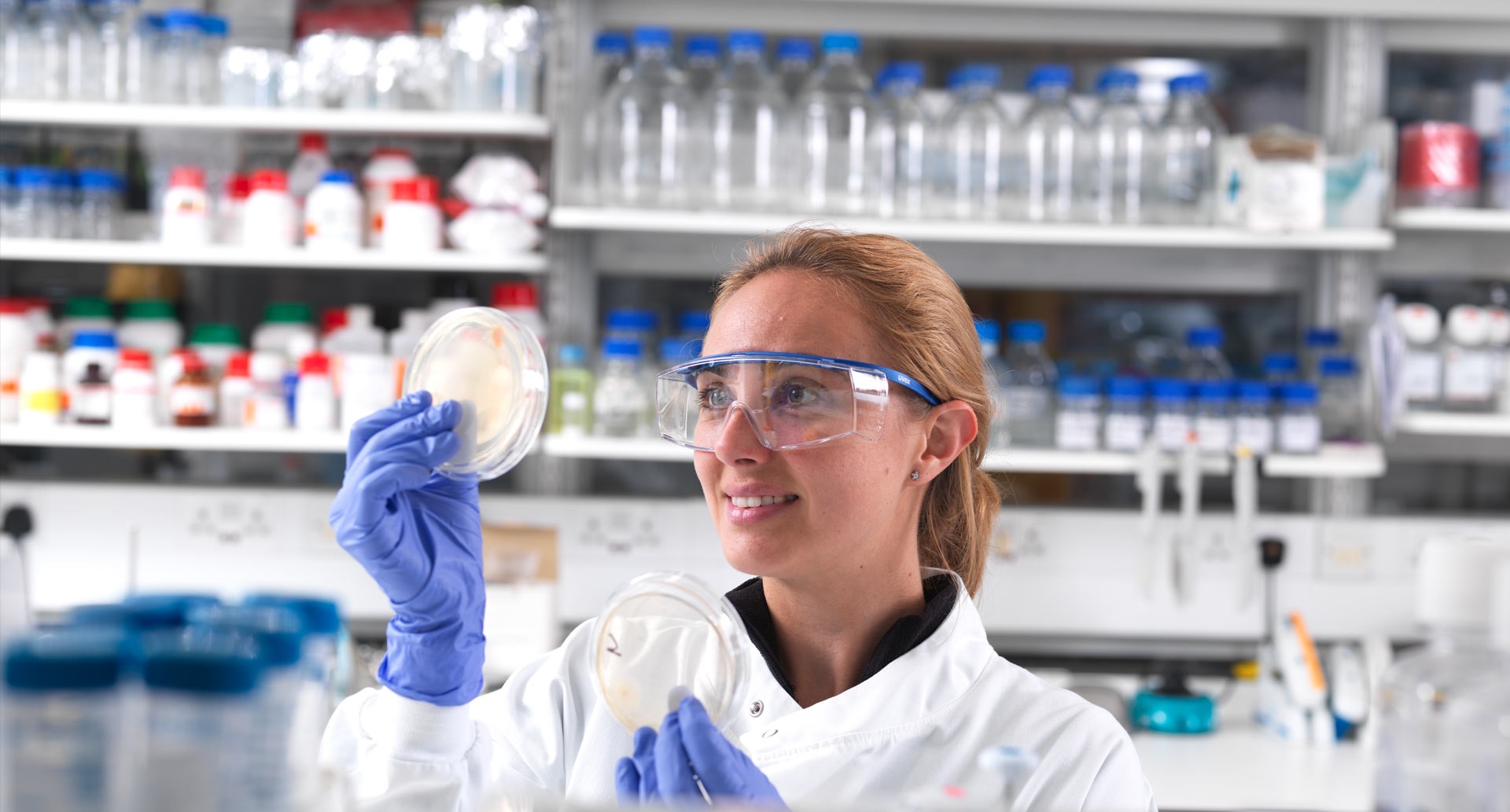Scientists have developed a simple blood test that will help them better understand children’s cancers - and pave the way for new targeted and less toxic treatments.
A team of researchers from the Institute of Cancer Research, London, have been trying to develop a less invasive way of tracking how childhood tumours adapt and change in response to treatment.
New findings of the Stratified Medicine Paediatrics (SMPaeds1) programme, published in the journal Cancer Discovery, have successfully demonstrated that circulating tumour DNA (ctDNA) testing can be used to give a more complete picture of how a tumour develops over time.
Studying how tumours adapt
During the study, the team looked at samples of childhood tumours at initial diagnosis and circulating tumour DNA - fragments of tumour DNA in the blood - at the time of relapse to see how tumours adapt and change in response to treatment.
In some patients, it could even detect additional DNA mutations that were missed by the original tumour biopsy.
Since ctDNA testing only requires a blood sample from the patient, the procedure is much less invasive than a tumour biopsy which usually requires a general anaesthetic.
Understanding what drives relapse
It is hoped these findings will pave the way for better understanding of what drives relapse or lack of response to treatment, and with it the hope of developing better, more targeted treatments.
The project, which was funded by Children With Cancer UK and Cancer Research UK, is led by Professor Louis Chesler, Professor of Paediatric Cancer Biology at The Institute of Cancer Research, and Consultant in Paediatric Oncology at The Royal Marsden NHS Foundation Trust.
It builds on earlier research at the ICR made possible by the parent-led charities Christopher’s Smile, Aoife’s Bubbles and Abbie’s Fund.
The second phase of the research programme (SMPaeds2) also co-funded by Children with Cancer UK and Cancer Research UK, is currently underway and aims to further develop and study new tests that will build upon the success of the first phase of the programme.
Developing tests for clinical use
SMPaeds2 will investigate blood cancers and solid tumours in children and young people, including cancers of the brain, muscle and bone, which can be more difficult to access, diagnose and treat.
Study author Dr Sally George, Group Leader of the Developmental Oncology group at the Institute of Cancer Research, London and an Honorary Consultant Paediatric Oncologist at The Royal Marsden NHS Foundation Trust, said:
“We showed that ctDNA analysis can add valuable information and that in some patients it can detect additional DNA mutations that are in the tumour but were missed by tumour biopsy.”
“SMPaeds1 is the largest study with matched ctDNA and tissue sequencing to date and shows the value of ctDNA testing for children with cancer. We are working with colleagues across Europe to transition ctDNA analysis from being a research test to being available clinically.
“The project also identifies DNA mutations that become enriched at relapse. This will help us prioritise future research to understand why those mutations are enriched and if we can develop new treatments to target cancers with those mutations.”
Children with Cancer UK CEO, Amar Naher said:
“We’re proud to be involved in a research project leading the way in advancing precision medicine in the UK. Children with Cancer UK's mission is to create a world where every child and young person survives their cancer diagnosis.
“We strive to meet this mission through funding impactful research. The outcomes from the SMPaeds programmes could help in the development of targeted treatments and could lead to improved, less invasive ways of monitoring and treating childhood cancers.
“By identifying genetic changes that drive relapse, the project helps advance personalised treatments, supporting the charity’s aims to improve survival rates and quality of life for young cancer patients.”
‘This research is unlocking new ways to study and treat childhood cancers’
Dr Laura Danielson, children’s and young people’s research lead at Cancer Research UK, said:
“We’re excited about this new research from the SMPaeds programme revealing the potential use of less invasive blood tests to better understand solid tumours in children and young people.
“These data demonstrating that analysing ctDNA could lead to a more complete picture of the tumour and how it is changing over time are incredibly important. This will pave the way for better understanding of what drives relapse or lack of response to treatment, and with it the hope of developing better, more targeted treatments.
“We're proud to fund innovative research like this, which is unlocking new ways to study and potentially treat childhood cancers to give young cancer patients the best possible chance to live long, healthy lives."
